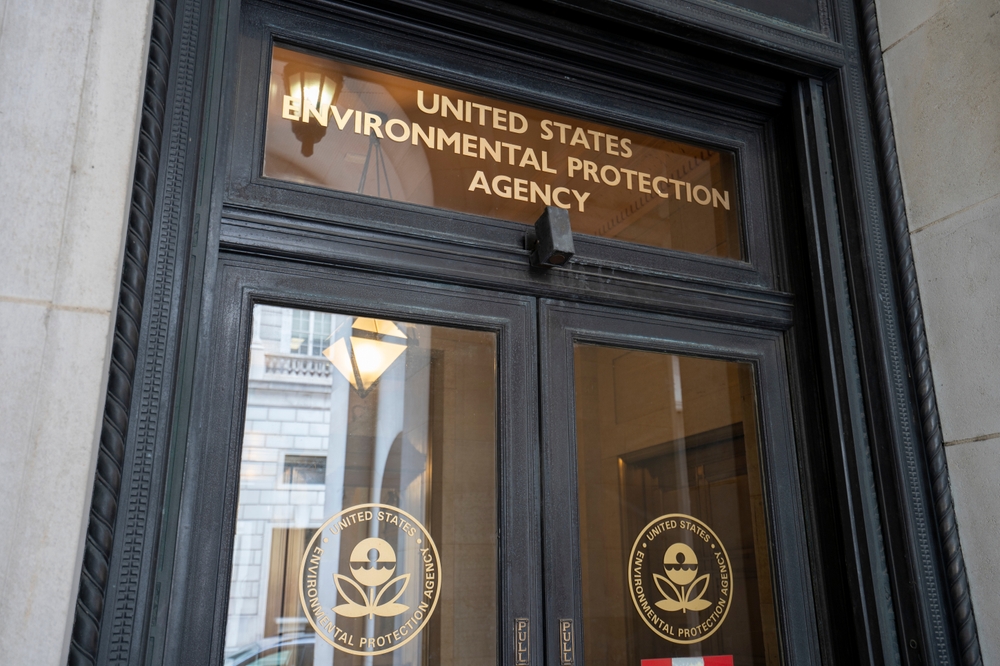Last year, the Environmental Protection Agency (EPA) issued new safety measures as part of its re-approval process for paraquat, a commercially-used herbicide at once highly effective but so toxic it is already banned in more than 30 countries. The EPA also announced it found no link between the herbicide and Parkinson’s disease. However, now the EPA is asking the 9th U.S. Circuit Court of Appeals for a voluntary remand of the interim decision to reconsider various aspects of its paraquat re-approval.
Paraquat (brand name Gramoxone) first became available in this country more than 50 years ago. Just two spoonfuls can be fatal, and individuals who survive acute amounts can suffer severe symptoms, including major organ damage and respiratory failure. Studies have also linked repeated exposure to paraquat with Parkinson’s disease.
Currently, paraquat lawsuits against the major manufacturers of the herbicide, including Syngenta, Growmark and Chevron, brought by farmers and agricultural workers suffering from Parkinson’s disease, are making their way through the judicial system.
New EPA Paraquat Safety Measures
The new safety measures are a result of the EPA’s most recent evaluation under the Federal Insecticide, Fungicide and Rodenticide Act (FIFRA). FIFRA requires the agency to periodically review the protocols it has in place for the users of hazardous chemicals.
The new measures include limits on the user’s number of aerial applications; a new requirement for buffering between the spray areas and residential structures; a ban on the use of a pressurized handgun and backpack-type sprayer applications; and a requirement of respiratory masks for those who apply the herbicide.
The EPA’s press release also explained its decision concerning Parkinson’s disease, saying agency officials reviewed past studies concerning the relationship between paraquat use and serious illnesses.
“After a thorough review of the best available science, as required under FIFRA, EPA has not found a clear link between paraquat exposure from labeled uses and adverse health outcomes such as Parkinson’s disease and cancer,’’ the press release stated.
However, others see it differently.
A Pending Paraquat Legal Decision
Every fifteen years, the EPA reviews the use of registered pesticides such as paraquat to ensure that each pesticide can carry out its intended function(s) without creating unreasonable adverse effects on human health and the environment. The EPA released an interim decision for paraquat registration in August 2021. As part of this action, the EPA required mitigation measures to reduce risks associated with paraquat to protect human health and the environment.
However, after the release of the EPA report, attorneys for environmental and health advocacy groups were at the Ninth U.S. Circuit Court of Appeals in San Francisco, asking the court to halt the renewal of the herbicide.
The groups challenging the renewal included the nonprofit Earthjustice, the California Rural Legal Assistance Foundation, the Pesticide Action Network, the Farmworker Association of Florida and the Michael J. Fox Foundation for Parkinson’s Research.
In response, the EPA has agreed to take another look at the potential risks of using paraquat. Paraquat can still be used with the new safety mitigations during the reconsideration period.
While the EPA revisits its decision, paraquat lawsuits continue to be filed as part of the paraquat multidistrict litigation (MDL). The paraquat MDL consolidates individual paraquat lawsuits into a single federal court to save time and money and ensure similar outcomes in lawsuits involving large numbers of people and containing similar allegations. Chief U.S. District Judge Nancy Rosenstengel of the U.S. District Court of the Southern District of Illinois is the judge handling the paraquat MDL.
Lawsuits are being filed by farmers, agricultural workers and people who lived in areas where paraquat was used nearby. The plaintiffs allege that their exposure to the herbicide caused them to develop Parkinson’s disease. They seek compensation for lost wages, pain and suffering, medical costs, and the disease’s impact on relationships and quality of life. The first paraquat MDL bellwether test trial was scheduled for November 15, 2022, but has since been delayed to July 2023.










